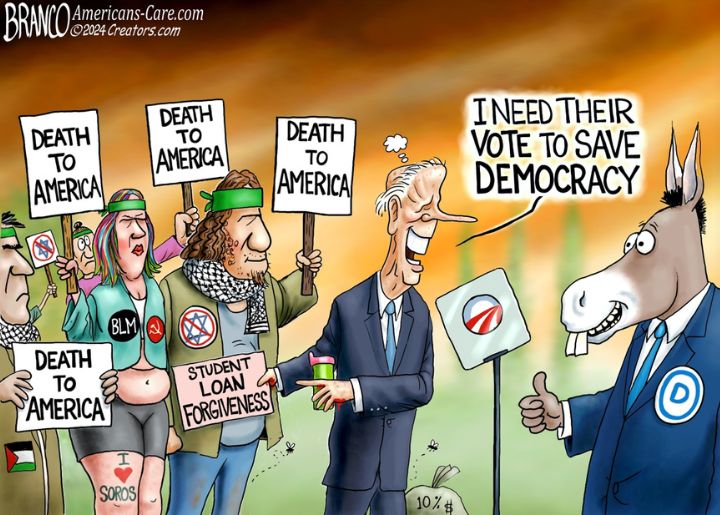Justice Jackson Voices Concern that First Amendment Limits Federal Censorship Initiatives
The First Amendment on the Docket: A Deep Dive into the Heart of Liberty
The hallowed halls of the Supreme Court recently echoed with the principles of free speech, as the justices deliberated over the case of Murthy v. Missouri. Central to the debate is Justice Kentanji Brown Jackson, whose perspective on the First Amendment is igniting discussions across the nation. But what’s really at stake here?
During a pivotal session, Justice Jackson mused over the consequences of an unfettered First Amendment, highlighting its potential to place checks on governmental control over speech through intermediaries like Big Tech.
Justice Jackson’s Concerns
“My biggest concern is that your view has the First Amendment hamstringing the government in significant ways in the most important time periods,” Jackson addressed to Louisiana Solicitor General Benjamin Aguiñaga.
Hers is a voice of skepticism about reigning in the federal government’s influence over censorship, especially in an era where digital platforms wield such immense power over information dissemination.
“You seem to be suggesting that the government’s duty to protect cannot extend to encouraging or even pressuring platforms to remove harmful content,” Jackson expressed, hinting at the delicate balance between public safety and freedom of speech.
Defining Constitutional Boundaries
Aguiñaga’s clarification sought to draw a line within the constitutional framework, ensuring government interaction with social media platforms respects the First Amendment.
“Our position is that the government can surely interact with these platforms when public safety is at risk, especially concerning our youth, but such interactions must adhere to constitutional principles,” Aguiñaga stated, emphasizing a compliance that respects free expression while tackling misinformation.
The Allegations of Censorship
Alarming evidence suggests that federal agencies have been exerting pressure on Big Tech to silence certain viewpoints. This has sparked an ongoing debate about the government’s role in moderating content and the potential infringement on individual freedoms.
These actions have been labeled by some as unprecedented assaults on free speech, with notable judicial figures like Judge Terry Doughty condemning them as enemy actions against American liberties.
Government Power vs. Free Speech
Federal defense insists there is room to maneuver around the First Amendment when it comes to supervising speech during emergency situations—like a pandemic. However, the historical misuse of such declarations for power grabs puts this rationale under intense scrutiny.
Justice Jackson’s reflections suggest a shifting landscape—where the context of an emergency could recalibrate the balance between governmental interests and speech restrictions. Nevertheless, the bedrock principle of heightened scrutiny for government-imposed speech limits remains a central tenet of our legal system.
In this modern age where information is as vital as the air we breathe, can free speech continue to thrive, or will it buckle under the weight of governmental custodianship? As the Supreme Court deliberates, the nation watches, understanding that within the answers lies the future of our fundamental liberties.
" Conservative News Daily does not always share or support the views and opinions expressed here; they are just those of the writer."





